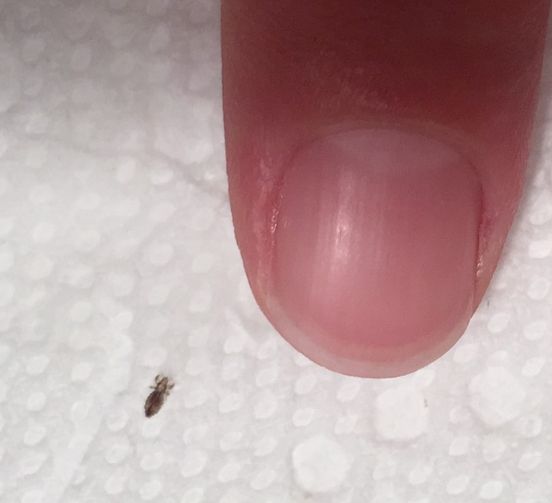In recent weeks, chocolate lovers have witnessed the resurgence of two of the most chilling words in the history of commodity market headlines: cocoa shortage.
Over the past year, cocoa prices have roughly quadrupled, following poor harvests in Ivory Coast and Ghana, the two countries that produce most of the world’s supply. Processors have scaled back or shuttered, leaving chocolate-makers without the usual reserves of cocoa butter and liquor to produce confections.
The cocoa situation looks much more protracted than your usual commodity market cyclicality, as we enter the fourth year in a row of poor harvests. Consumption of chocolate products, meanwhile, continues to head steadily higher, with the global market forecast to exceed $250 billion this year.
Against this backdrop of constrained supply and surging demand, we’re seeing an uptick in investor interest around startups developing alternatives to chocolate.
At least four companies developing versions of lab-grown or “cocoa-free” chocolate have secured funding in the past year. Collectively, the startups listed below, have raised over $110 million to date, most of it in the past few quarters.
What is cocoa-free chocolate?
What is cocoa-free chocolate? Per funded startups, it’s essentially an ingredient that looks and tastes like chocolate but doesn’t require cultivation or harvesting of cocoa beans.
Oakland, California-based Voyage Foods, the most heavily funded company on our list, makes cocoa-free chocolate as part of a product lineup that also includes nut butter substitutes. It currently sells chips and wafers that can be used in lieu of chocolate and that feature vegetable oil, sugar and grape seeds as the top three ingredients.
With over $63 million in funding to date, 3-year-old Voyage has seen some early traction too. Earlier this month, food and agriculture giant Cargill announced a partnership with Voyage to scale up production of “more sustainable alternatives to cocoa-based products.”
In addition to improving their sustainability profile, food companies also see cocoa-free chocolate as a way to reduce supply chain risks, said Voyage’s CEO and founder Adam Maxwell.
“Ingredients like cocoa-free chocolate are far less vulnerable to price volatility that affects commodities like traditional chocolate,” he told Crunchbase News. In addition, Voyage has a particular focus on using “upcycled ingredients that are less expensive to source and widely available.”
Fermented and lab-grown chocolate
A continent away, Munich-based Planet A Foods is marketing a chocolate substitute called ChoViva. It’s a concoction made from ingredients like oats and sunflower seeds that the company says undergo a “fermentation-like process” and that “tastes just as good as chocolate.”
Three-year-old Planet A has raised over $43 million to date, including $15.4 million in a January Series A led by climate tech VC World Fund. Like Voyage, Planet A plays up its sustainability focus, noting the negative environmental and humanitarian impacts of cocoa farming, which include deforestation, freshwater depletion and a history of reliance on child labor.
Meanwhile, back on the West Coast lab-grown chocolate is another concept whose time has apparently come. In Davis, California, startup California Cultured says it is working on technology “to produce chocolate and coffee that have identical characteristics to any cup of coffee or chocolate bar you will find at the store, down to the last molecule.”
The company has raised several rounds from prominent seed and agtech-focused investors, and in March announced a partnership with leading Japanese chocolate-maker Meiji to make chocolate products with its cell-cultured cocoa powder.
A taste of the future
If cocoa-free chocolate startups prove successful, we could be looking at a future in which many of our favorite treats are no longer sourced from faraway farms in Africa. From a sustainability standpoint, this ought to be a big improvement over the status quo. From the taste angle, however, it remains to be seen how well substitutes compare to the real thing.
As a chocolate connoisseur/addict I’d venture to guess that gourmet, dark chocolate bars with high cocoa content might be tough to replicate with alternative ingredients. However, in treats like chocolate chip cookies or coated ice cream bars, for which chocolate is one of several competing flavors, it might be easier to make substitutes work.
Personally, I’m rooting for these upstarts to develop products just as good as the real thing. In a world where chocolate shortages are increasingly a real risk, a tasty alternative may sometimes be the only option.
Related CrunchBase Pro list:
Images courtesy of Voyage Foods.
Stay up to date with recent funding rounds, acquisitions, and more with the
CrunchBase Daily.












